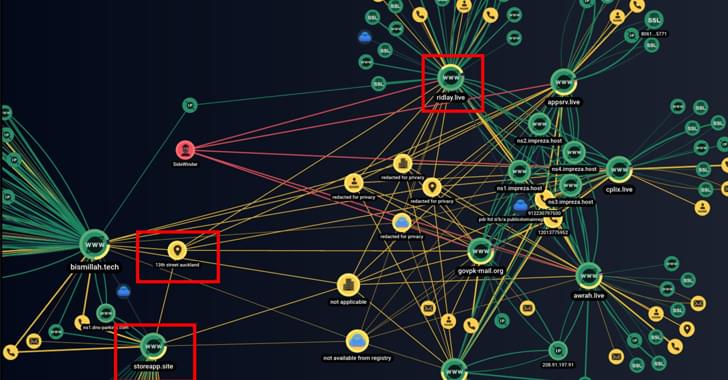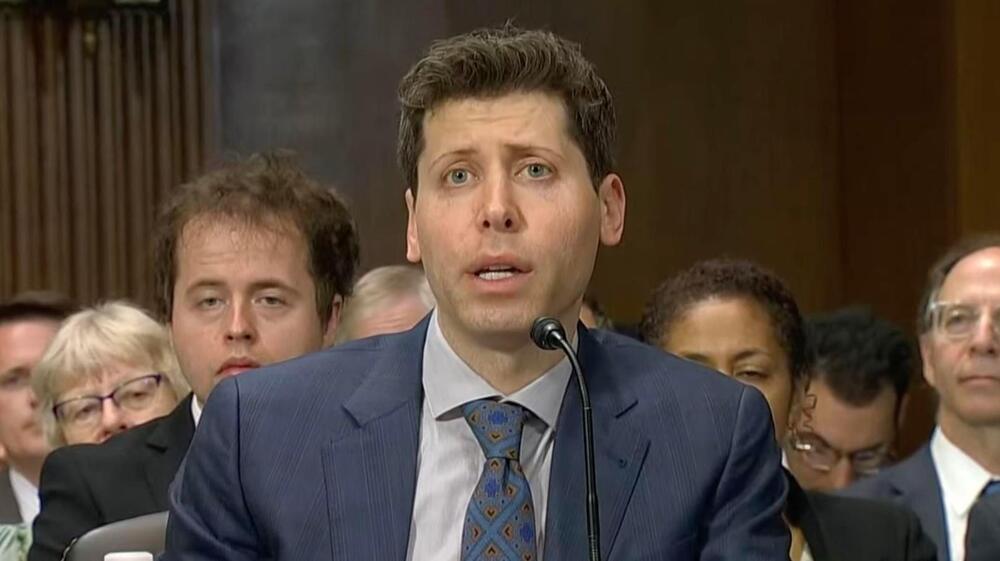Summary.
As businesses and governments race to make sense of the impacts of new, powerful AI systems, governments around the world are jostling to take the lead on regulation. Business leaders should be focused on who is likely to win this race, moreso than the questions of how or even when AI will be regulated. Whether Congress, the European Commission, China, or even U.S. states or courts take the lead will determine both the speed and trajectory of AI’s transformation of the global economy, potentially protecting some industries or limiting the ability of all companies to use the technology to interact directly with consumers.
Page-utils class= article-utils—vertical hide-for-print data-js-target= page-utils data-id= tag: blogs.harvardbusiness.org, 2007/03/31:999.357112 data-title= Who Is Going to Regulate AI? data-url=/2023/05/who-is-going-to-regulate-ai data-topic= Government policy and regulation data-authors= Blair Levin; Larry Downes data-content-type= Digital Article data-content-image=/resources/images/article_assets/2023/05/May23_28_5389503-383x215.jpg data-summary=
As the world reckons with the impact of powerful new AI systems, governments are jostling to lead the regulatory charge — and shape how this technology will grow.






